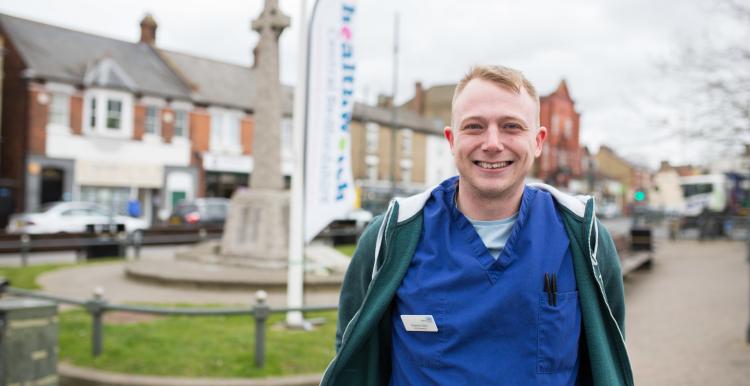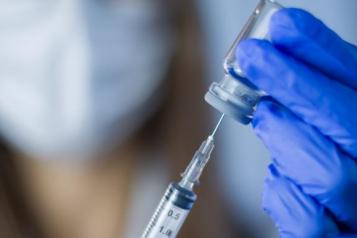Record number of NHS ambulance call outs for life-threatening conditions in December, despite jump in Omicron absences

Ambulances responded to 82,000 category one calls in December, an average of one every 33 seconds and higher than any other month on record.
In total, more than 66,000 NHS staff were off work each day in December.
Weekly data, also published today, shows that around 46,000 NHS staff were off sick each day last week due to COVID – up from 12,000 per day at the start of December, before Omicron began to spread rapidly in the community.
While the rapid deployment of boosters in the final fortnight of 2021 helped to limit potential admissions from the new variant, more than 32,000 patients were admitted to hospitals in England with COVID-19 in December alone.
In 2021, hospitals cared for over 302,000 COVID admissions, while helping people with six million emergency health problems.
NHS staff continue to prioritise cancer care with the latest data showing that more people than ever before came forward for a cancer check with 246,316 people seen in November following a referral by their GP and almost 28,000 people starting treatment.
More than 1.4 million people started consultant-led treatment during November – the highest figure since before the pandemic in January 2019 when it was 1.5 million.
The NHS has continued to prioritise elective treatment based on clinical need – with the number of people waiting more than a year falling by 1.8% in November compared with the previous month.
More than two million diagnostic tests were performed in November – the second highest ever for November and highest in a single month since before the pandemic.
The new figures come on the back of a busy year for NHS staff, with today’s statistics showing they also had to contend with more than 10 million 999 calls in 2021 – the highest ever in a single year and almost a million more calls than the previous record (9.1m in 2019).
NHS National Medical Director Professor Stephen Powis said:
“Omicron has increased the number of people in hospital with COVID at the same time as drastically reducing the number of staff who are able to work.
“Despite this, once again, NHS staff pulled out all the stops to keep services going for patients – there have been record numbers of life-threatening ambulance call outs, we have vaccinated thousands of people each day and that is on top of delivering routine care and continuing to recover the backlog.
“But staff aren’t machines and with the number of COVID absences almost doubling over the last fortnight and frontline NHS colleagues determined to get back to providing even more routine treatments, it is vital that the public plays their part to help the NHS by getting your booster vaccine, if you haven’t already.
“And as has been the case throughout the pandemic, if you have a health problem, please go to 111 online and call 999 when it is a life-threatening condition – the NHS is here for you”.


